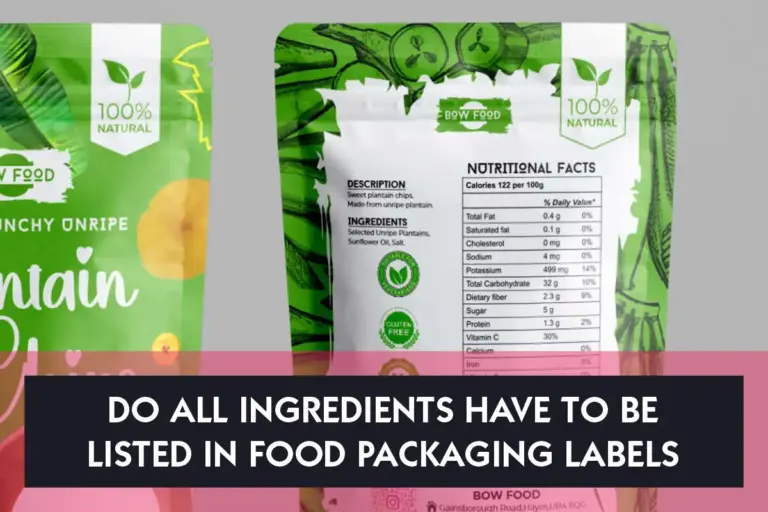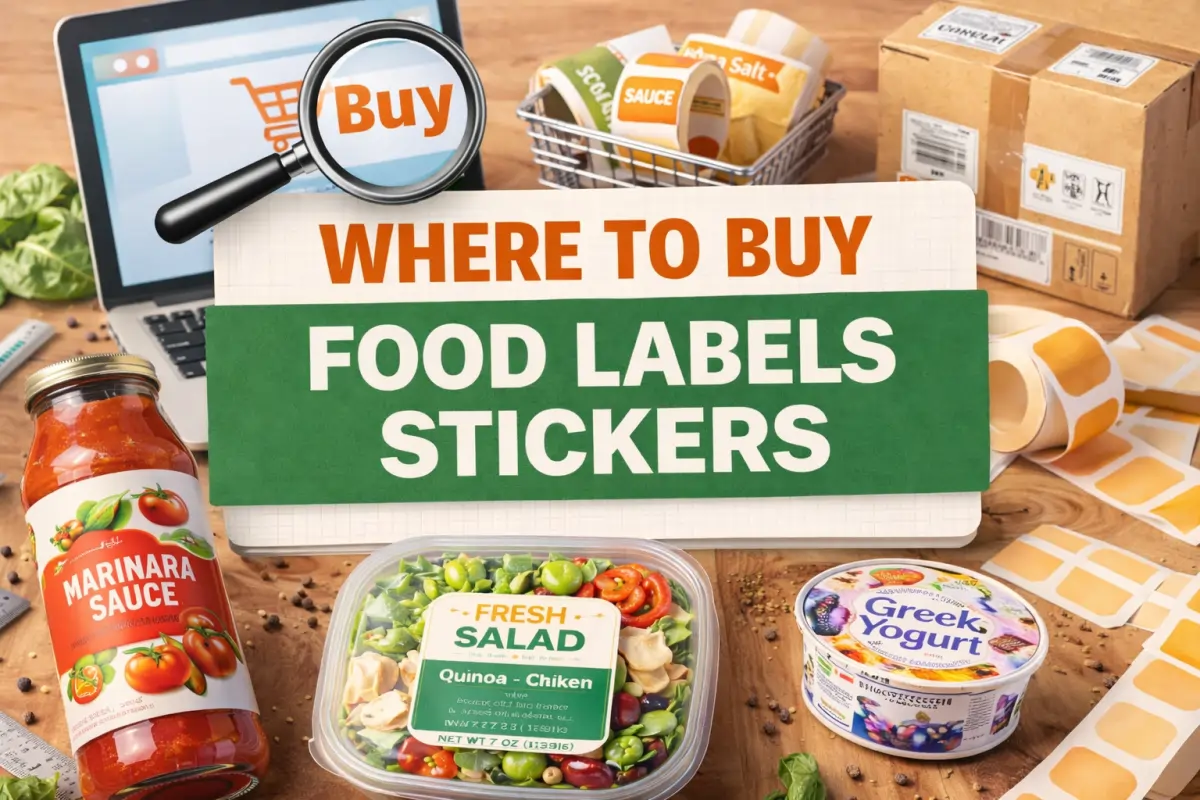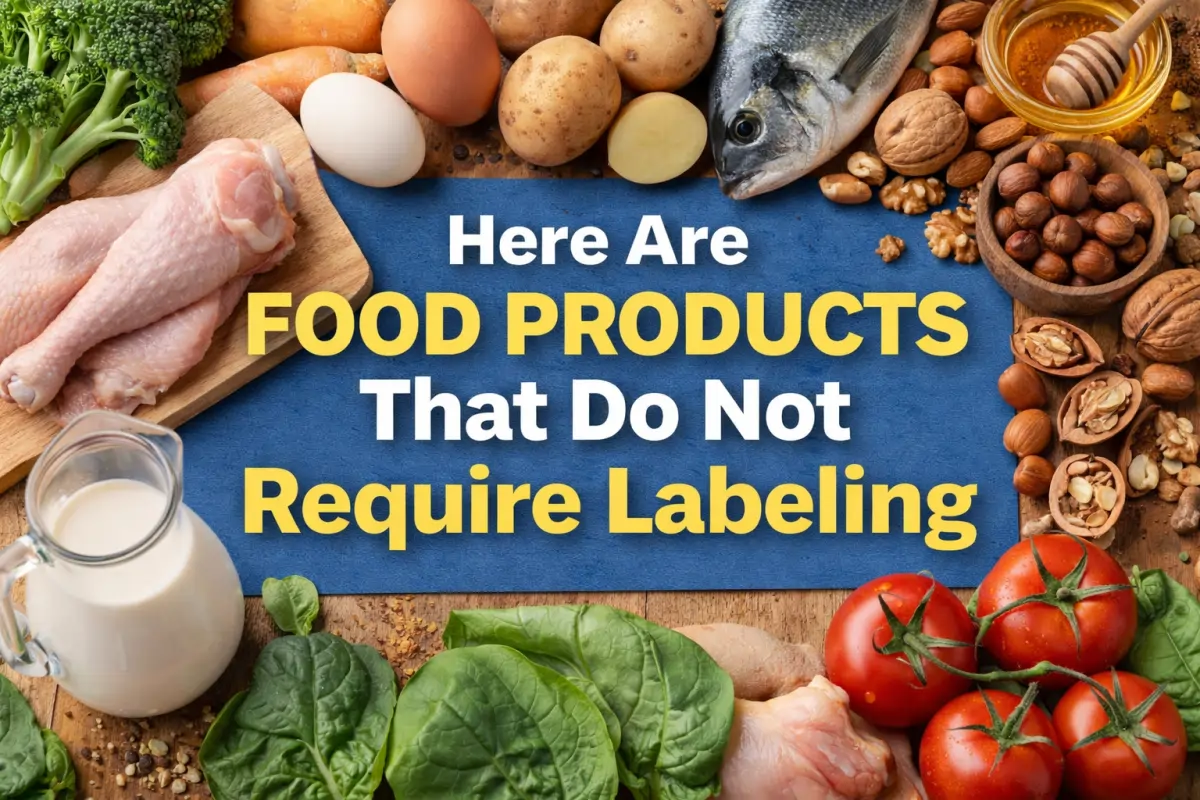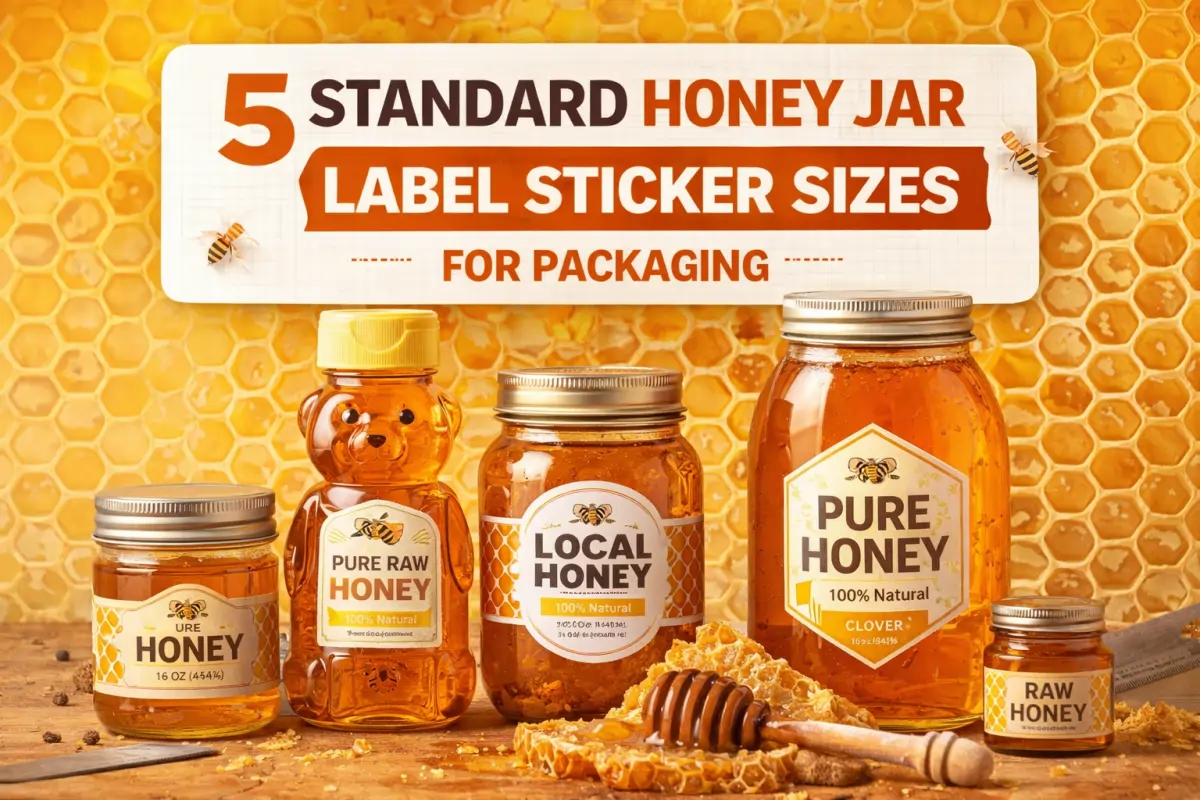Many people in Nigeria buy food every day from supermarkets, stores, and even online. As always, when we pick up a product on the shelf or on a counter, we often check the front to see the brand or name. But if you take a closer look at the back or side of the packaging, you will see something important. That is where the ingredients are listed. The written ingredients are the items used to make the product.
Some people read this list carefully, especially if they are allergic to certain foods or want to eat healthily. However, a major question remains: Are food companies required to list all ingredients? Or can they leave some out?
This question is very important because people deserve to know what they are eating. In Nigeria, for instance, more people are becoming aware of health issues. Some want to avoid sugar. Others want to avoid too much salt, oil, or artificial chemicals. So, knowing if all ingredients are truly listed can help people make better decisions.
Table of Contents
ToggleAre Food Companies Required To List All Ingredients
The answer to this question depends on the law in each country. In Nigeria, the body in charge of food labeling is NAFDAC (National Agency for Food and Drug Administration and Control), which has rules that require food producers to list all ingredients on the packaging. This is to protect consumers and help them make informed choices.
NAFDAC says that all pre-packaged foods must have labels showing the name of the product, ingredients, weight, expiry date, and other information. The ingredients must be listed in order of quantity. This means the item with the largest amount is listed first, and the one with the smallest amount comes last. For example, if sugar is the main ingredient, it will come before salt or preservatives.
This rule is similar to what is done in other countries. In the United States, the Food and Drug Administration (FDA) also requires all ingredients to be listed. In the UK, the Food Standards Agency has the same rule. So the idea of full ingredient listing is a global practice meant to protect consumers.
Are There Exceptions To The Rule
Although the law requires ingredients to be listed, there are a few exceptions. Some of them are accepted in many countries, including Nigeria. One common exception is when a minimal amount of an ingredient is used and it does not affect the overall content of the food. These are often called “incidental ingredients.” For example, if flour is processed in a machine that was also used to process peanuts, a small trace of peanuts might be present, but it may not be listed.
Another exception is with flavors. Sometimes companies just write “natural flavor” or “artificial flavor” without explaining the exact ingredients used to make the flavor. This is because the recipe may be considered a trade secret. However, if the flavor contains something that can cause allergies, like milk or nuts, the company is supposed to mention that.
Also, in some cases, companies may not list the full ingredients in imported foods if the label was not updated. This can happen with foreign products sold in Nigerian stores. That is why NAFDAC checks and sometimes requires relabeling to match Nigerian laws.
Want To Print Something?
Why Are Some Ingredients Hidden or Not Clear
Some food producers may try to hide certain ingredients or use names that are hard to understand. For example, instead of writing “sugar,” they may write “glucose syrup” or “high fructose corn syrup.” These are still forms of sugar but with different names. The goal is to make the food look healthier or to avoid catching the attention of people who are avoiding sugar.
Another reason is that the ingredient may have a chemical name. For example, “monosodium glutamate” is a flavor enhancer also called MSG. Some people may not recognize it, even though they have heard of MSG. Using long names can make it hard for regular people to understand what is really in the food.
This is why reading labels carefully is important. Some companies use confusing names or small print to make it hard for people to notice certain ingredients. If you do not understand a word on the label, it is a good idea to look it up or ask someone who knows.
What About Allergens?
Allergens are ingredients that can cause allergic reactions in some people. Common allergens include peanuts, milk, eggs, wheat, soy, and seafood. For people with allergies, eating a small amount of these ingredients can cause serious health problems. That is why many food laws, including those in Nigeria, require allergens to be clearly listed.
Even if the allergen is part of a flavoring or a minor ingredient, it must be mentioned. Sometimes you will see a note that says “Contains milk” or “May contain traces of nuts.” This helps people with allergies avoid the product.
In Nigeria, NAFDAC expects food labels to carry warnings about allergens. Some companies add these warnings, but others may forget or ignore the rule. This is why it is important to check the label carefully, especially if you or someone in your family has food allergies.
What Does “NATURAL” Or “ORGANIC” Mean On Labels
Sometimes you see food products that say “natural,” “organic,” or “no added chemicals.” These words can be confusing. Many people think “natural” means the food is completely healthy, but that is not always true. “Natural” is not clearly defined in some countries, including Nigeria. It could mean the food has no artificial colors, or it could just mean the ingredients came from plants or animals.
“Organic” means the food was made without synthetic chemicals or fertilizers, but not every food with that label is fully organic. In some cases, only some ingredients are organic, and the rest are not. That is why even if a product says “natural” or “organic,” it still needs a proper ingredient list. You should not trust the front label alone. Always check the back.
As a consumer, you have the right to know. Always check the label, ask questions, and stay informed. The more you understand about food labeling, the safer and healthier your food choices will be.
Want To Print Something?




